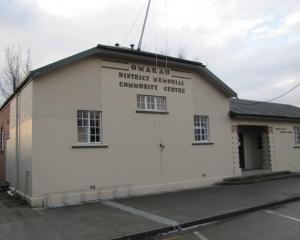A significant number of endangered native black-billed gulls have been found dead on Grover's Island, a nesting spot near Roxburgh, concerning the Department of Conservation (Doc).
Doc community relations ranger Jacob Dexter said at least 60 bird carcasses, mostly of young birds, had been found on the island and he was unsure what the cause of death had been.
He had checked the bodies for "predation wounds" and ruled out any kind of cat, dog or stoat attack. He had also contacted the Otago Regional Council to check for notified poison drops, but said none had occurred.
Six of the dead birds were sent to Massey University for autopsies.
Preliminary results were expected next week and more detailed results such as toxicology reports were expected in two or three weeks.
He said although there was a chance they would never find the cause of death, he had his fingers crossed and hoped it was something that could be prevented.
Due to the rate of decomposition, he thought the birds had died in December or January and he had since spoken to a few people who said they had seen sick and dying birds during those months.
He found out about the deaths when a member of the public holidaying in the area came across them and telephoned him earlier this week.
The birds are listed as nationally endangered, but Mr Dexter said he did not know how many lived in the colony breeding on that particular island.
He estimated the entire black-billed gull population to be in the thousands, but that was declining.
The birds were "generally restricted to the lower half of the South Island", he said.
The colony had returned to the coast for winter, as had the colony of black-fronted terns which also breed on Grover's Island, but he was unaware of any dead birds turning up on the coast.
The incident has been reported to the Ministry of Agriculture and Forestry.











